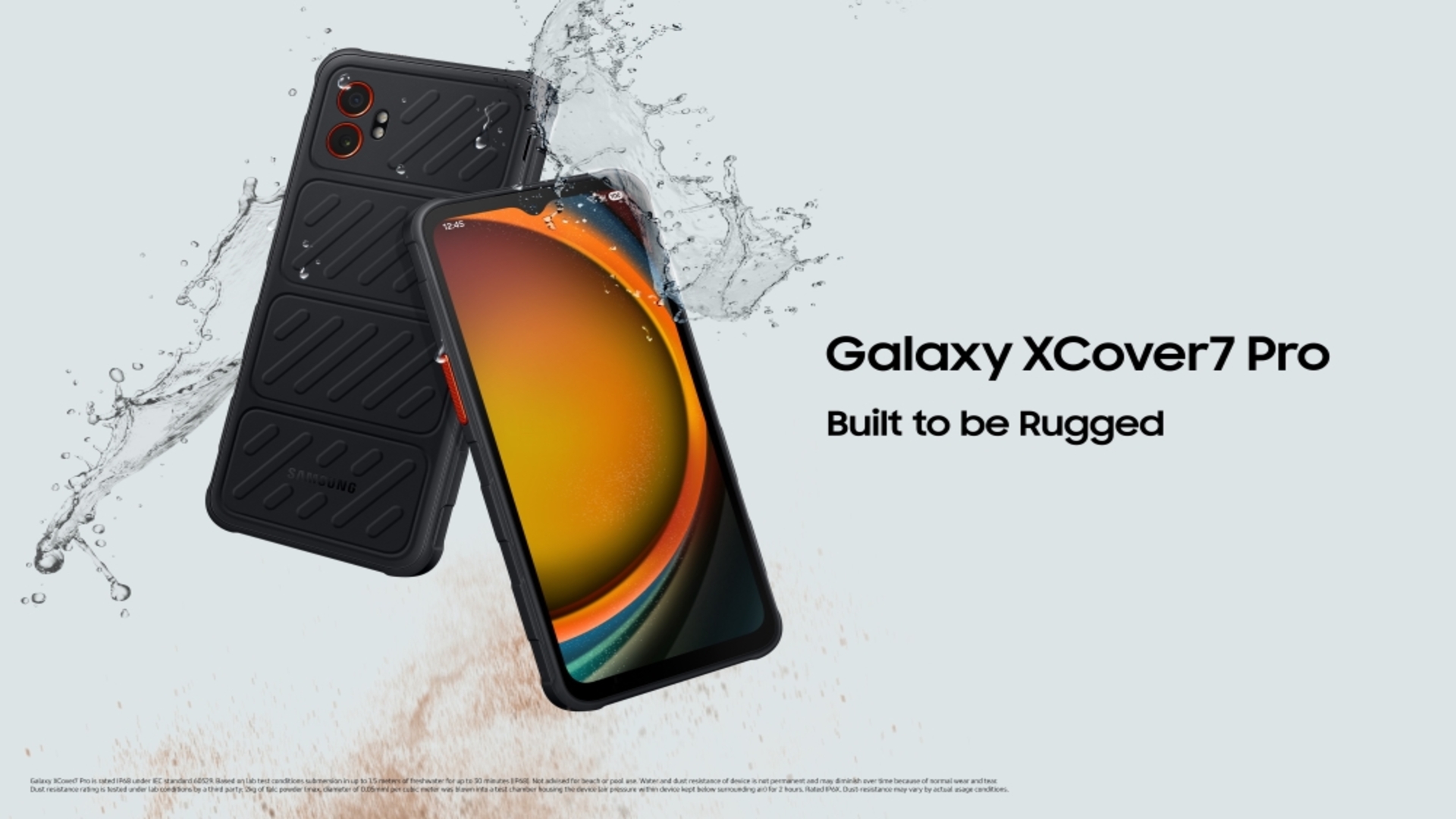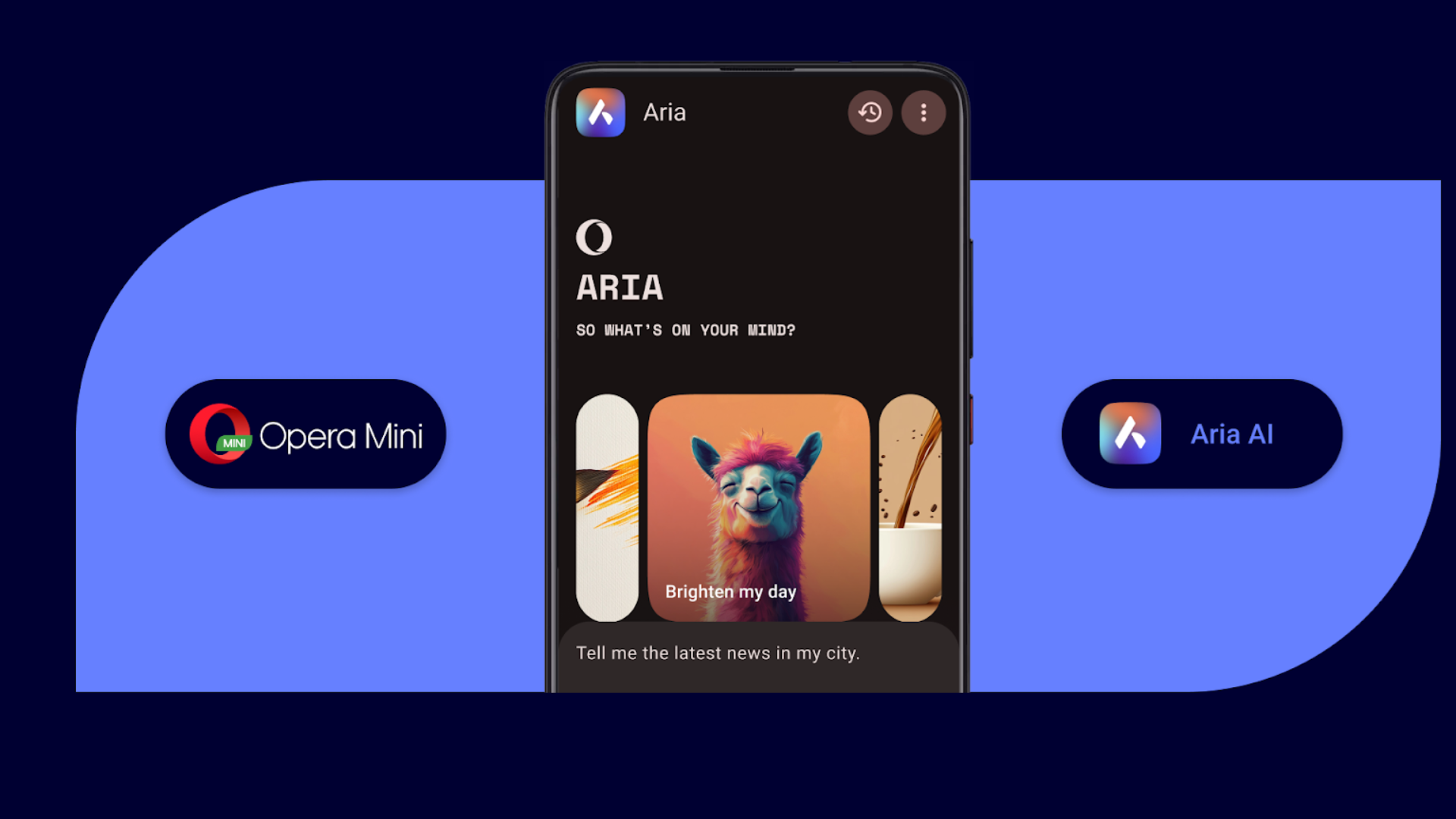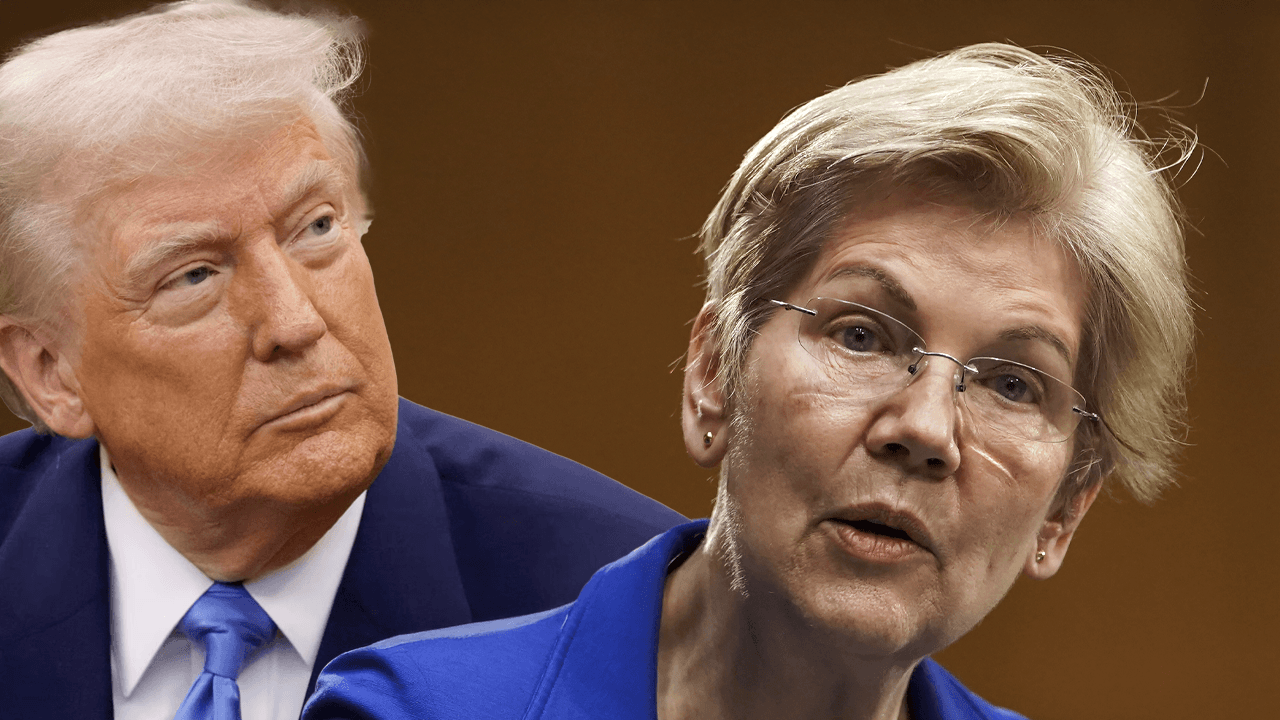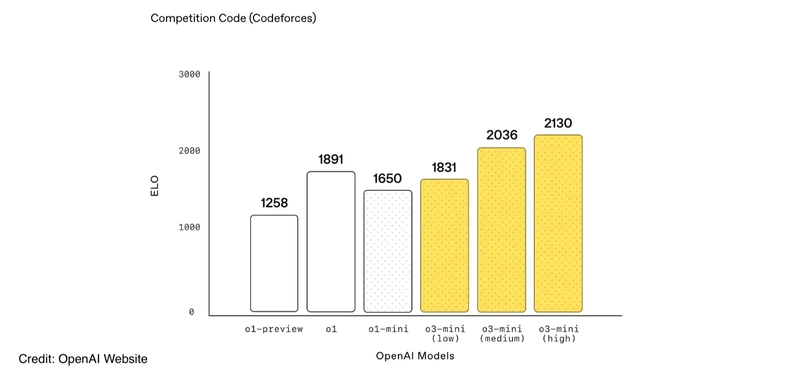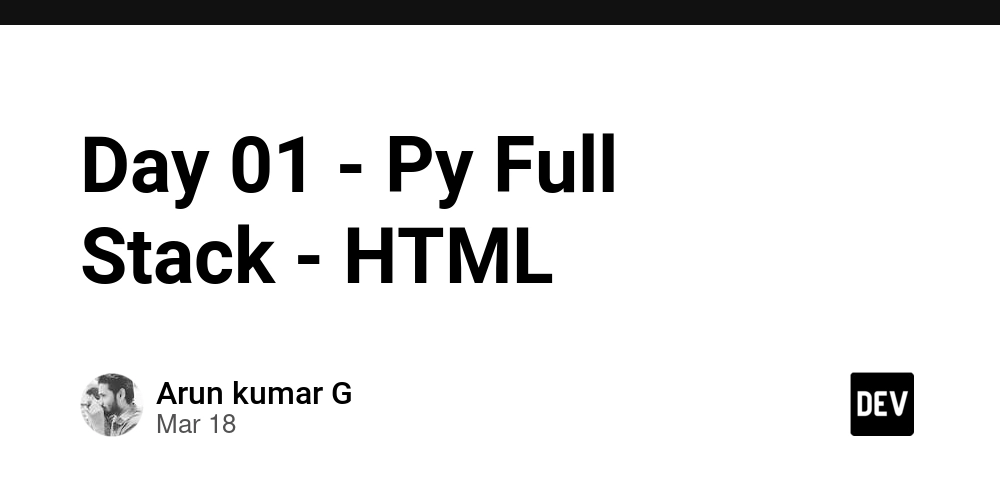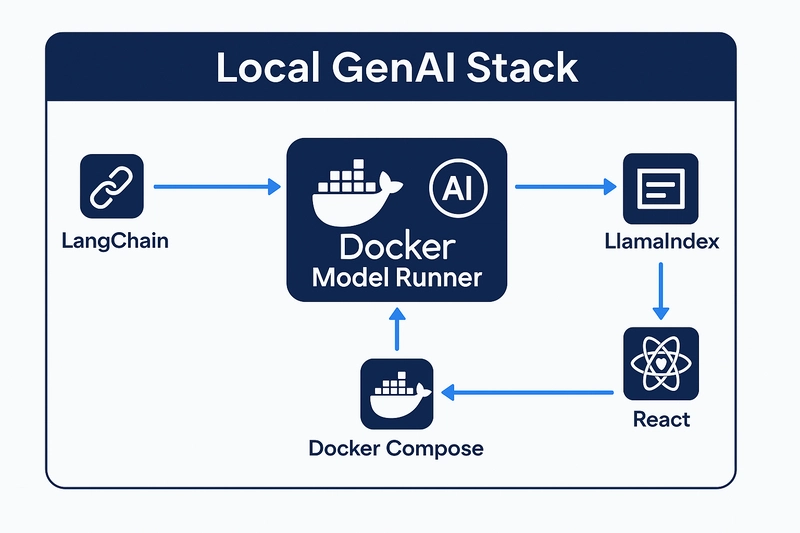What Every Nigerian Techie Should Know About Business Law and IP
Hello world, Devs and Freelancers! Today marks Day 1 of my 4-week journey into legal literacy for tech professionals. I’m sharing this series not as a lawyer, but as a developer who wants to stop being “legally blind” when it comes to contracts, IP rights, and platform policies. So, What’s the Big Deal About Legal Literacy? If you’re freelancing, building your own software, or launching a startup, you’re automatically playing in the legal arena—whether you know the rules or not. And in Nigeria, it’s especially important to understand how our local laws intersect with global expectations. Today’s Focus: Business Law + IP Basics (Nigeria) I focused on two main areas: • Foundations of Nigerian Business Law • The ABCs of Intellectual Property (IP) Let’s break that down. ⸻ What is Nigerian Business Law? Nigerian business law governs how individuals and organizations can form and operate businesses legally in the country. It covers everything from: • Business Registration (via CAC – Corporate Affairs Commission) • Types of Business Structures (sole proprietorship, partnership, LLC, etc.) • Obligations under Contracts and Statutes • Regulatory Compliance (e.g., tax, NDPR) If you’re offering tech services and haven’t legally registered your business, you’re taking risks—both financially and legally. Intellectual Property 101 Here’s what I learned about the three big categories of IP that affect tech folks: a. Copyright • Protects creative works: code, designs, articles, music, etc. • In Nigeria, copyright is automatic once a work is created and fixed in a tangible form (e.g., your codebase). • You can register with the Nigerian Copyright Commission, but it’s not compulsory. b. Trademarks • Protects brands and logos (think your startup name or app icon). • Must be registered through the Trademarks, Patents and Designs Registry under the Federal Ministry of Industry, Trade, and Investment. c. Patents • Protect inventions and technical solutions. • If you’ve built a novel algorithm, machine, or process, patenting might be the right move—but it’s complex and costly. Quick Tips I Took Away • Always read the fine print—from NDAs to platform terms. • Register your brand as a trademark if you’re planning to scale. • If you’re writing code for clients, clarify who owns the IP after delivery. • When in doubt, Google isn’t a lawyer—but awareness is a start. Tools & Resources I Found Useful • Nigerian Copyright Commission • Trademarks, Patents and Designs Registry • Nigerian Law School Notes on Business Law What’s Next? Tomorrow, I’ll be diving into Contracts 101—the parts of a valid contract, common pitfalls, and what every freelancer should look out for. Have you ever had an IP or legal issue in your freelance journey? Let’s talk in the comments.
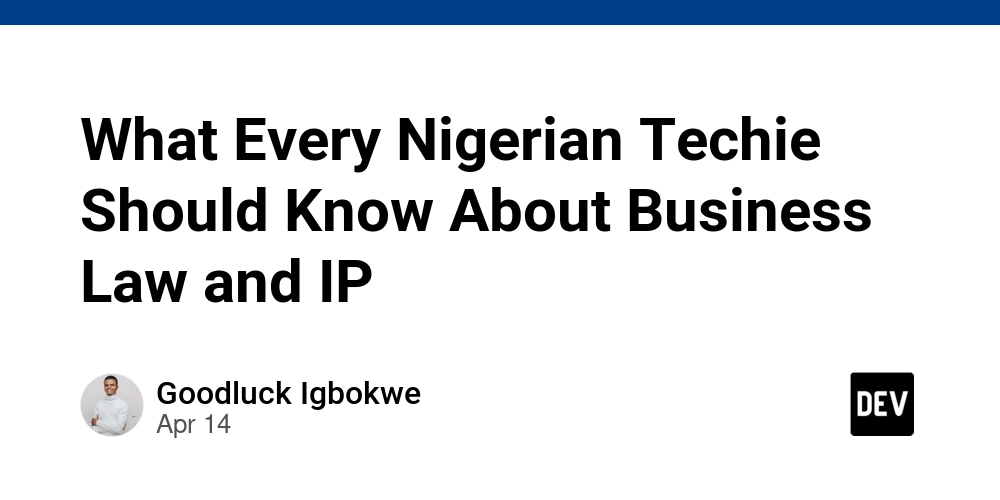
Hello world, Devs and Freelancers!
Today marks Day 1 of my 4-week journey into legal literacy for tech professionals. I’m sharing this series not as a lawyer, but as a developer who wants to stop being “legally blind” when it comes to contracts, IP rights, and platform policies.
So, What’s the Big Deal About Legal Literacy?
If you’re freelancing, building your own software, or launching a startup, you’re automatically playing in the legal arena—whether you know the rules or not. And in Nigeria, it’s especially important to understand how our local laws intersect with global expectations.
Today’s Focus: Business Law + IP Basics (Nigeria)
I focused on two main areas:
• Foundations of Nigerian Business Law
• The ABCs of Intellectual Property (IP)
Let’s break that down.
⸻
- What is Nigerian Business Law?
Nigerian business law governs how individuals and organizations can form and operate businesses legally in the country. It covers everything from:
• Business Registration (via CAC – Corporate Affairs Commission)
• Types of Business Structures (sole proprietorship, partnership, LLC, etc.)
• Obligations under Contracts and Statutes
• Regulatory Compliance (e.g., tax, NDPR)
If you’re offering tech services and haven’t legally registered your business, you’re taking risks—both financially and legally.
- Intellectual Property 101
Here’s what I learned about the three big categories of IP that affect tech folks:
a. Copyright
• Protects creative works: code, designs, articles, music, etc.
• In Nigeria, copyright is automatic once a work is created and fixed in a tangible form (e.g., your codebase).
• You can register with the Nigerian Copyright Commission, but it’s not compulsory.
b. Trademarks
• Protects brands and logos (think your startup name or app icon).
• Must be registered through the Trademarks, Patents and Designs Registry under the Federal Ministry of Industry, Trade, and Investment.
c. Patents
• Protect inventions and technical solutions.
• If you’ve built a novel algorithm, machine, or process, patenting might be the right move—but it’s complex and costly.
Quick Tips I Took Away
• Always read the fine print—from NDAs to platform terms.
• Register your brand as a trademark if you’re planning to scale.
• If you’re writing code for clients, clarify who owns the IP after delivery.
• When in doubt, Google isn’t a lawyer—but awareness is a start.
Tools & Resources I Found Useful
• Nigerian Copyright Commission
• Trademarks, Patents and Designs Registry
• Nigerian Law School Notes on Business Law
What’s Next?
Tomorrow, I’ll be diving into Contracts 101—the parts of a valid contract, common pitfalls, and what every freelancer should look out for.
Have you ever had an IP or legal issue in your freelance journey? Let’s talk in the comments.




























![[Webinar] AI Is Already Inside Your SaaS Stack — Learn How to Prevent the Next Silent Breach](https://blogger.googleusercontent.com/img/b/R29vZ2xl/AVvXsEiOWn65wd33dg2uO99NrtKbpYLfcepwOLidQDMls0HXKlA91k6HURluRA4WXgJRAZldEe1VReMQZyyYt1PgnoAn5JPpILsWlXIzmrBSs_TBoyPwO7hZrWouBg2-O3mdeoeSGY-l9_bsZB7vbpKjTSvG93zNytjxgTaMPqo9iq9Z5pGa05CJOs9uXpwHFT4/s1600/ai-cyber.jpg?#)














































































































































![[The AI Show Episode 144]: ChatGPT’s New Memory, Shopify CEO’s Leaked “AI First” Memo, Google Cloud Next Releases, o3 and o4-mini Coming Soon & Llama 4’s Rocky Launch](https://www.marketingaiinstitute.com/hubfs/ep%20144%20cover.png)

















































































































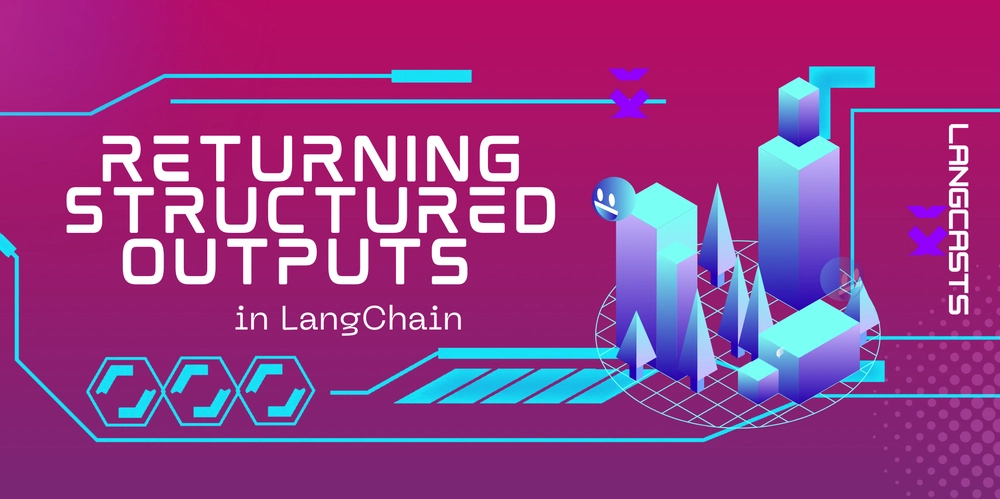



















































































![Rogue Company Elite tier list of best characters [April 2025]](https://media.pocketgamer.com/artwork/na-33136-1657102075/rogue-company-ios-android-tier-cover.jpg?#)







































































_Andreas_Prott_Alamy.jpg?width=1280&auto=webp&quality=80&disable=upscale#)











































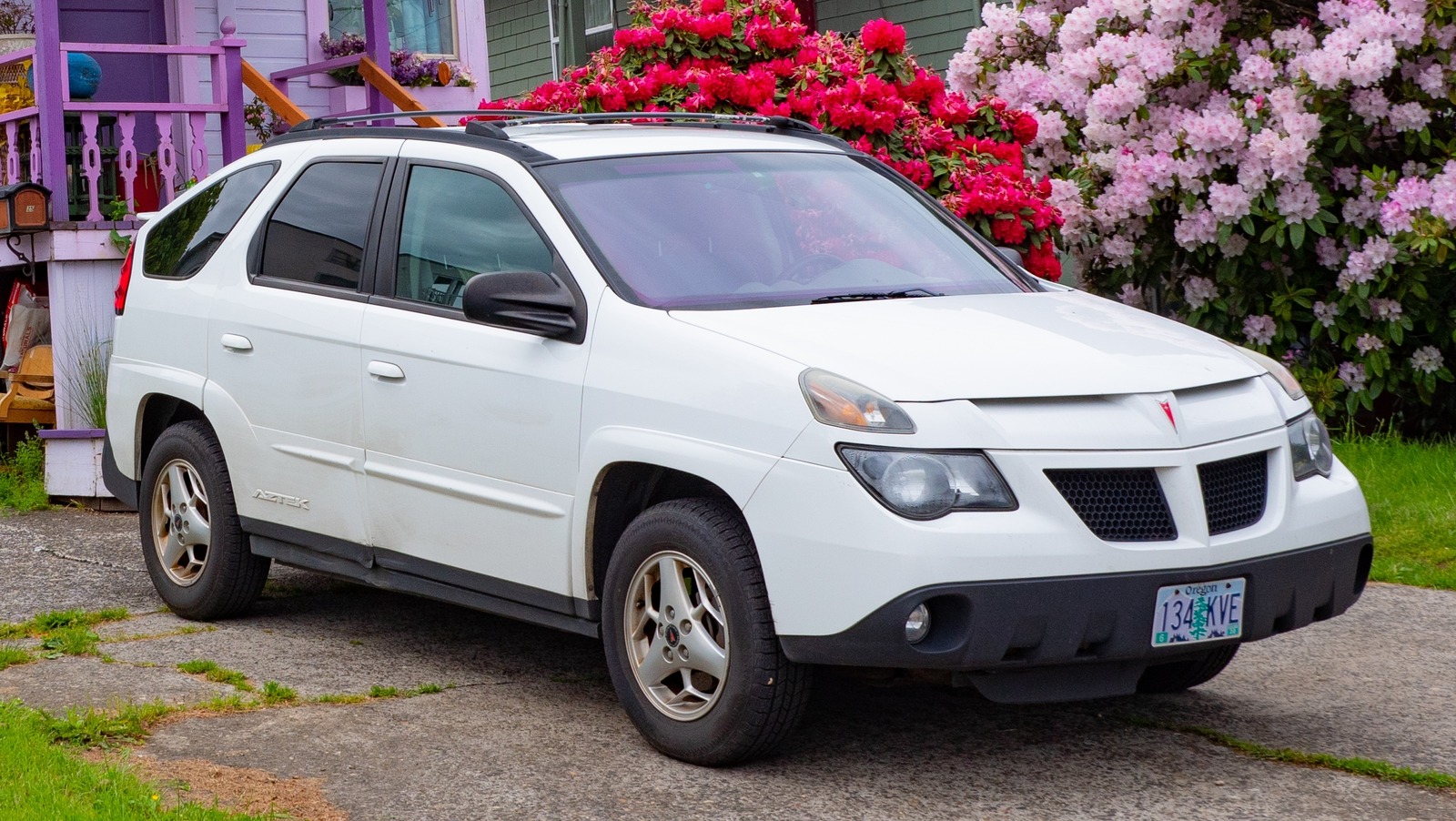












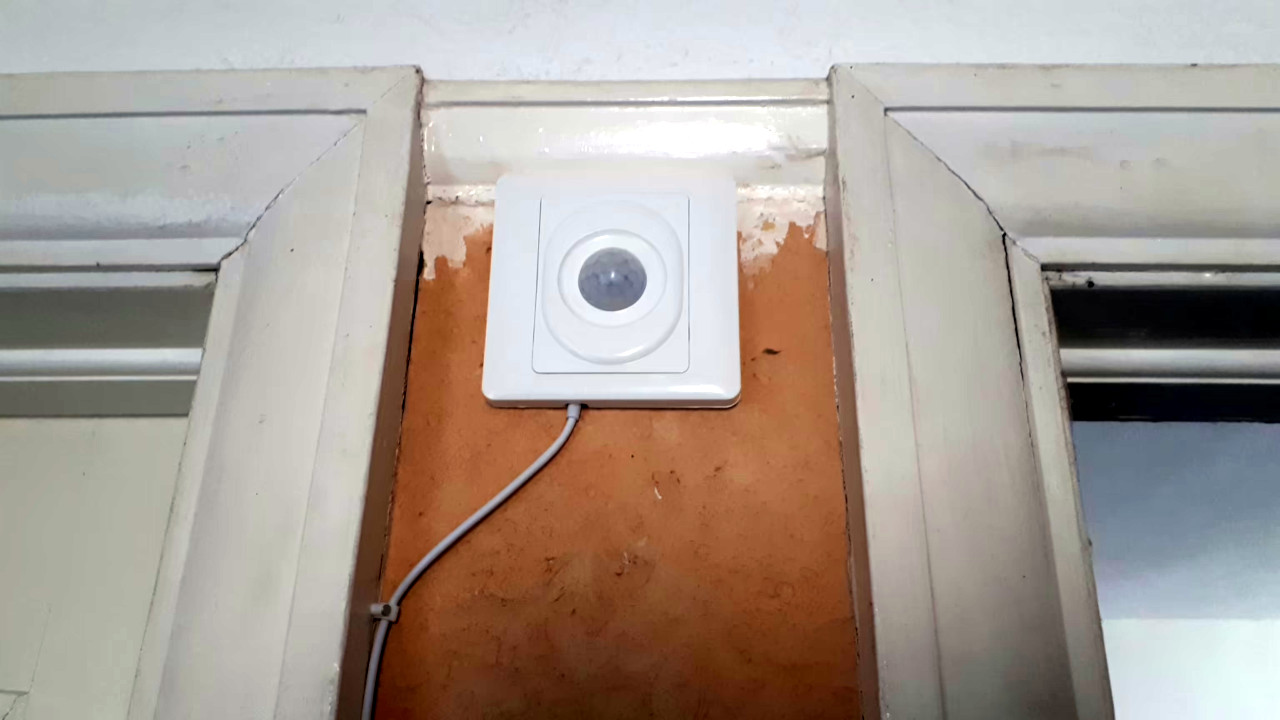



























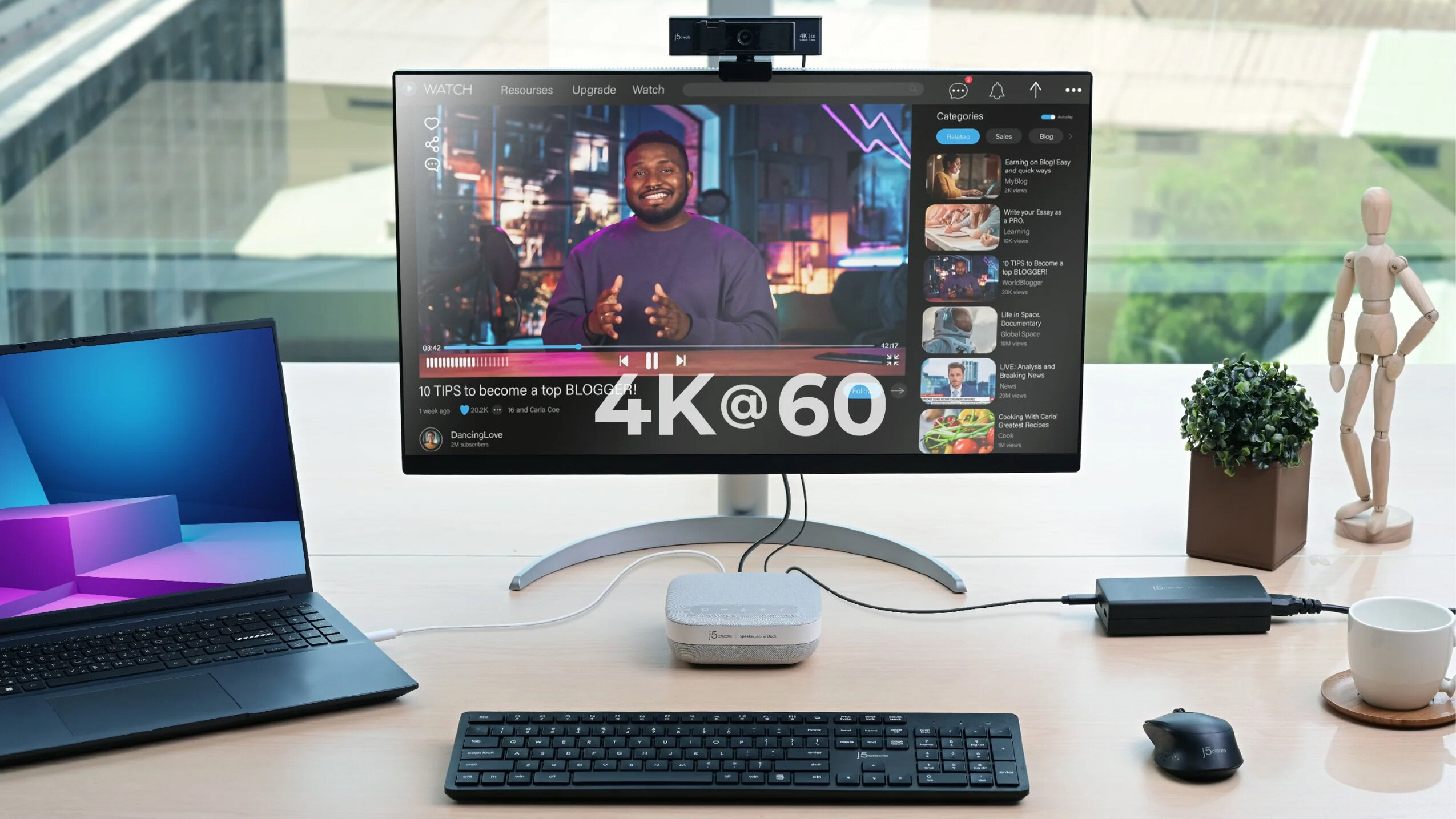
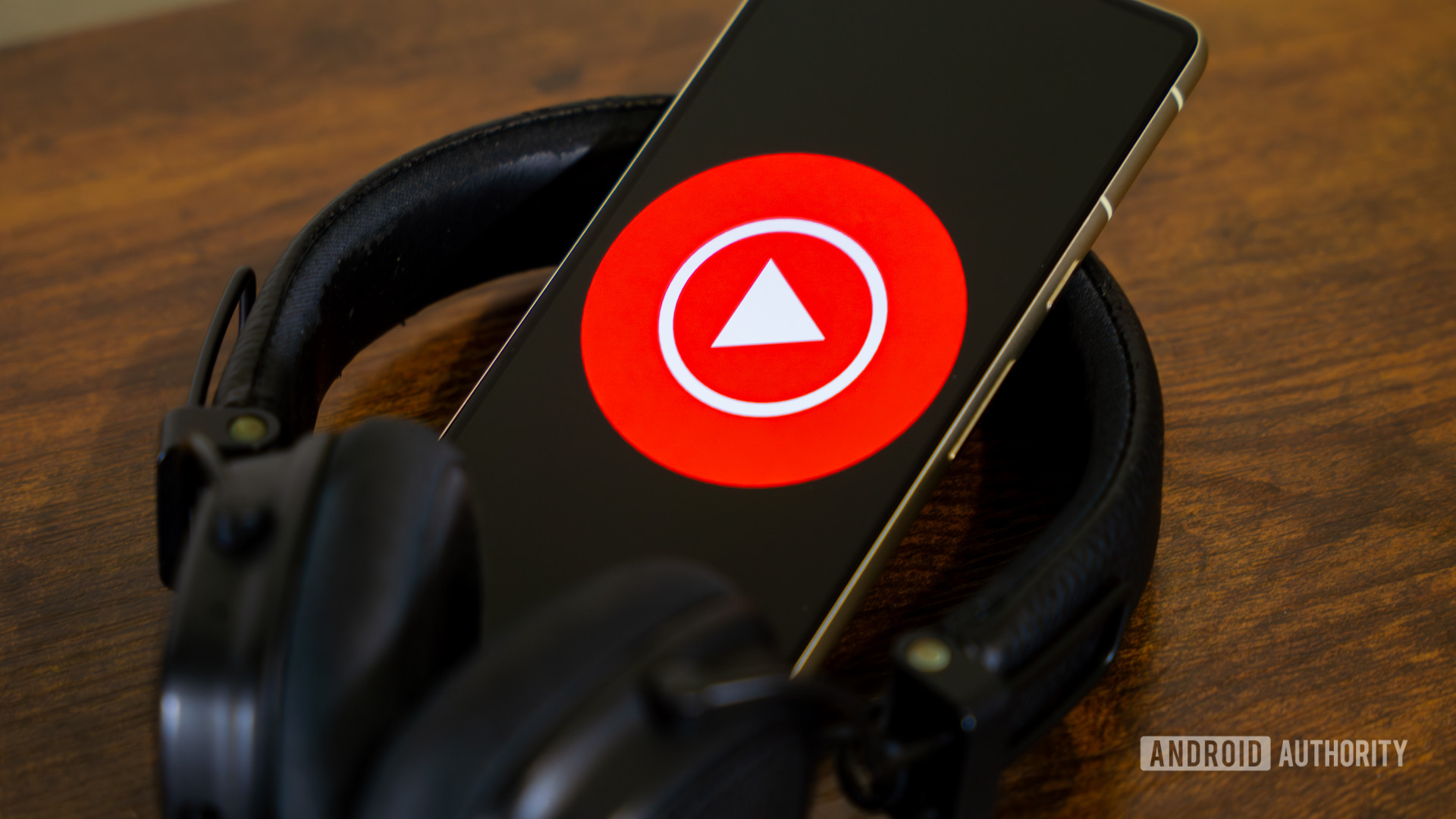













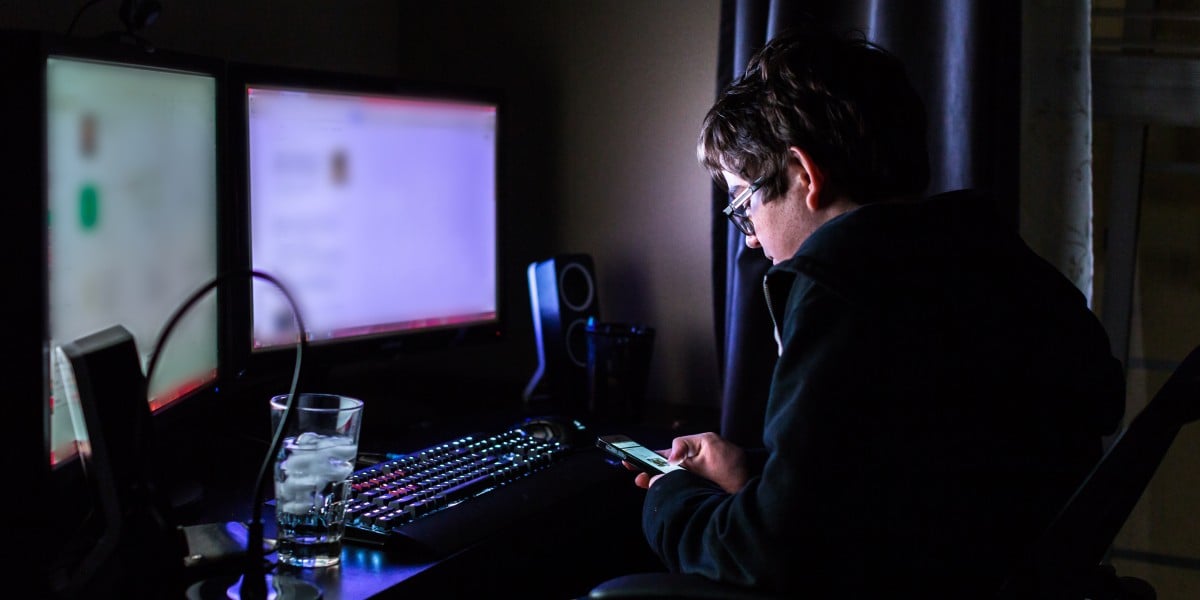

![Apple Watch Series 10 Back On Sale for $299! [Lowest Price Ever]](https://www.iclarified.com/images/news/96657/96657/96657-640.jpg)
![EU Postpones Apple App Store Fines Amid Tariff Negotiations [Report]](https://www.iclarified.com/images/news/97068/97068/97068-640.jpg)
![Apple Slips to Fifth in China's Smartphone Market with 9% Decline [Report]](https://www.iclarified.com/images/news/97065/97065/97065-640.jpg)

















